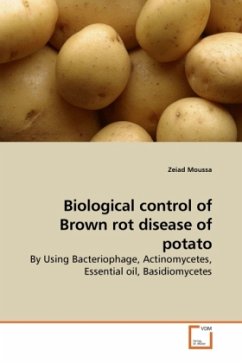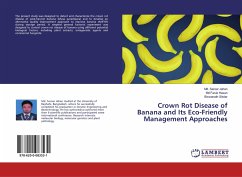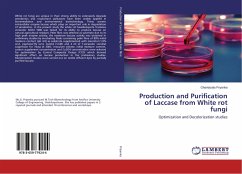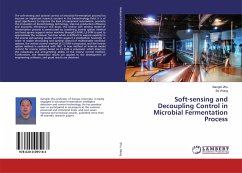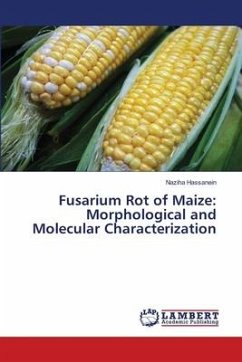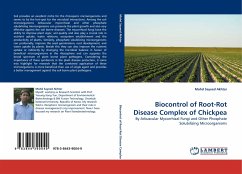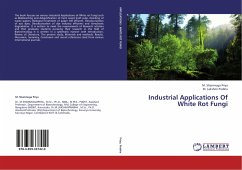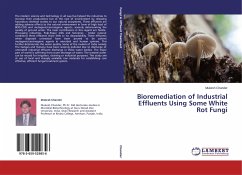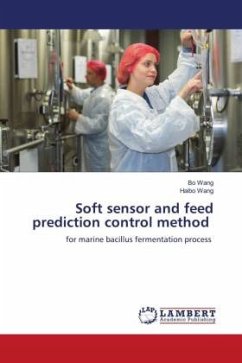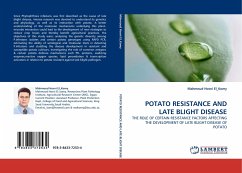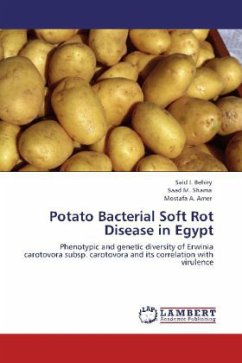
Potato Bacterial Soft Rot Disease in Egypt
Phenotypic and genetic diversity of Erwinia carotovora subsp. carotovora and its correlation with virulence
Versandkostenfrei!
Versandfertig in 6-10 Tagen
32,99 €
inkl. MwSt.

PAYBACK Punkte
16 °P sammeln!
Potato (Solanum tuberosum, L) is one of the most important vegetables crops in Egypt for both local consumption and export. The production of potatoes is accompanied by severe diseases caused by bacterial phytopathogens leading to enomrous losses in yield and quality worldwide. One of the most important diseases of potatoes is bacterial soft rot. Rotting of tubers by bacterial soft rot during storage varied from 31.3% to 36.8%. Erwinia carotovora subsp. carotovora is the causal agent of the soft rot disease of potato tubers in stores and in the field where early decay of mother tuber or seed t...
Potato (Solanum tuberosum, L) is one of the most important vegetables crops in Egypt for both local consumption and export. The production of potatoes is accompanied by severe diseases caused by bacterial phytopathogens leading to enomrous losses in yield and quality worldwide. One of the most important diseases of potatoes is bacterial soft rot. Rotting of tubers by bacterial soft rot during storage varied from 31.3% to 36.8%. Erwinia carotovora subsp. carotovora is the causal agent of the soft rot disease of potato tubers in stores and in the field where early decay of mother tuber or seed tuber pieces may occur. This bacterial soft rot disease has an economic importance storage problem because of their pathogenicity to a wide range of crops from which potatoes are the most important. One of the most important methods to control bacterial soft rot disease in potato tubers, all over the world, was the chemical methods, using antibiotics and fungicides.



